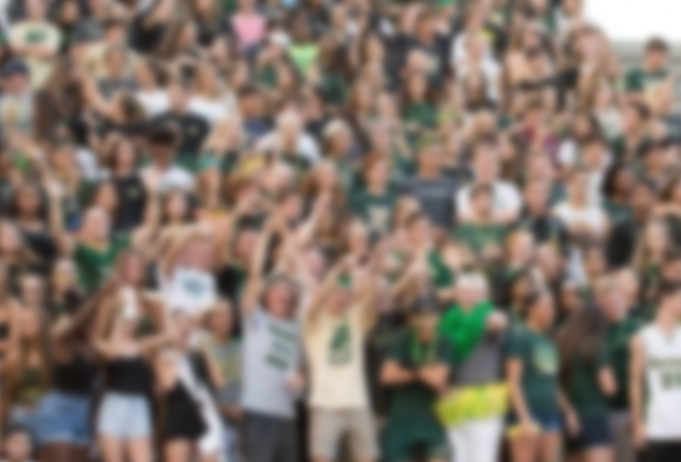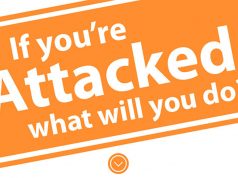By Alan Goldberger
A little over 20 years ago, I wrote a column for this magazine entitled, “Officiating the Game — and the Bleachers.” At the time, the NFHS “Officials Code of Ethics” had recently been revised to identify officials’ duties as having expanded to responsibility for informing event management of unreasonably hazardous situations and recognizing emergency conditions that might arise during the game. Inventive and prescient responsibilities — configured around the turn of the century — still appear in today’s NFHS publications but apparently have been transported to another dimension.
This fall, a news item about a high-level college volleyball game featured several players recounting a story of spectators uttering racial slurs that turned into threats. And there was the familiar assertion that the opposing coaches and the officials were apprised of the hate speech and did nothing. A search of news reporting for similar hijinks at the high school level (and even below) yields a treasure trove of horrific incidents where taunting invective and pure hate speech has plundered game after game in a number of sports — all at the hands of people in the bleachers who perceived a need to call attention to themselves in the most unseemly and mean-spirited way imaginable. Given the present climate where hate speech, racial slurs and violence seem to be viewed as suitable modes of behavior, how do we prevent such conduct from the sports we know and love? Who better but you and me in the striped shirts?
On the topic, some rule codes are, of course, more detailed than others, but there is some commonality in that dealing with curing boorish and criminal behavior in the making are in fact part of the officials’ responsibilities — included in officials’ duties in various degrees according to the sport and level of competition. As a result, officials have to know what to do and what not to do when spectators disrupt the game.
While some rule codes permit officials to penalize the actions of spectators, officials at all levels must be clear as to what, if any, increased responsibilities they shoulder. Playing rules, caseplays, manuals and such are the first source of information. In addition, those duties could be impacted by conference or league rules or, in some cases, by the athletic code of conduct laws and civil rights legislation. Either way, officials must know what they’re required to do and the legal implications.
Guidelines for Dealing With Spectator Disruption
- Do not ignore hate speech, racial taunts or threats emanating from the stands. If you can hear it, so can the athletes. Pretending it does not exist is wrong. Failure to address the problem provides ample fodder for discrediting officials and, potentially, legal consequences.2. Do not, under any circumstances, address a disruptive spectator directly. Seek the assistance of the site manager to perform that task so you don’t have any direct contact with the offender. That will require, of course, that you identify an adult in charge of the facility prior to the game or match.
3. Be sure you and your partners continue to supervise team personnel, regardless of what else is occurring.
Alan Goldberger is an official and attorney from Fairfield, N.J. This column is for informational purposes only and is not legal advice.
What's Your Call? Leave a Comment:
Note: This article is archival in nature. Rules, interpretations, mechanics, philosophies and other information may or may not be correct for the current year.
This article is the copyright of ©Referee Enterprises, Inc., and may not be republished in whole or in part online, in print or in any capacity without expressed written permission from Referee. The article is made available for educational use by individuals.














